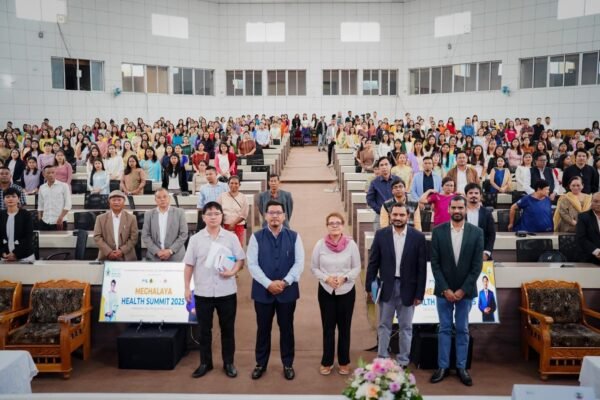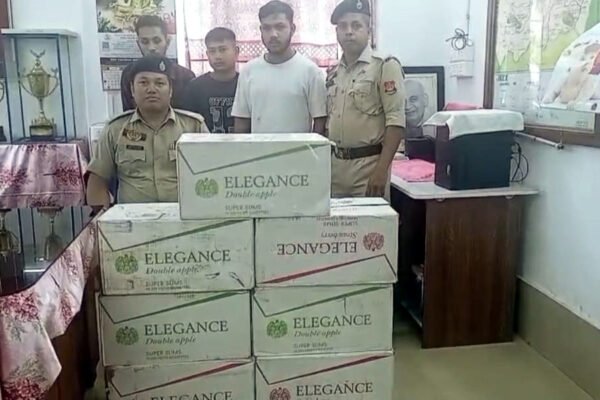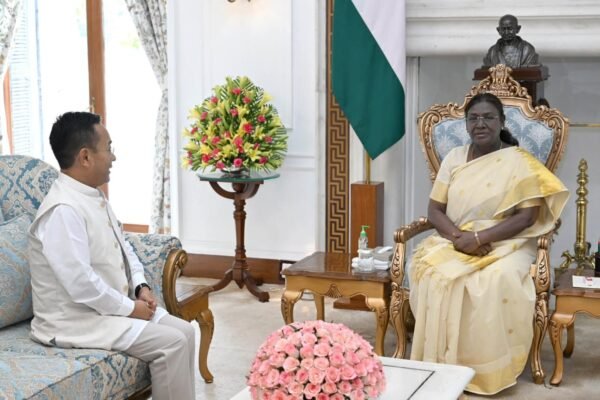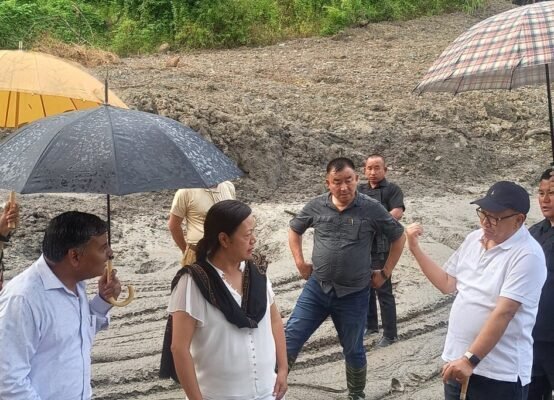- NET Web Desk
The National Socialist Council of Nagaland (Isak-Muivah) or NSCN (I-M) on Wednesday asserted that peace talks with the Government of India (GoI) remains meaningless under the “shadow of Armed Forces (Special Powers) Act (AFSPA)”.
The Isak Muivah faction of NSCN strongly condemned the recent statement forwarded by the Union Home Minister Amit Shah. Mr Shah reasoned the botched operation a case of “mistaken identity” which NSCN termed a “pretext” to hide behind.
Branding such statements as “irresponsible”, the NSCN (I-M) stated that “In a situation like this, Mr. Shah was expected to show political maturity and statesmanship to cool down the socio-political upheavals. But he poured fuel on the burning issue by standing behind the heinous act of killings by the para commandos, which was like rubbing salt in the wounds of the Nagas.”
The draconian law of AFSPA basically gives the Indian Armed Forces – a right to mercilessly kill anyone, based on mere suspicion, added the outfit.
“Let human dignity take control and be made an integral part of the Naga political peace process. Unfortunately, the Oting killing has become a threat to the Nagas’ longing for a Naga political solution,” it added.
“The Nagas have had the bitter taste of this act on numerous occasions and it has spilled enough blood. Blood and political talks cannot go together,” the statement said.
The NSCN (I-M) said the soldiers, “emboldened by the Act beyond measure”, have been treating the Nagas like sub-human beings without the fear of any scrutiny of court of law.
Such strongly worded-statements from the outfit comes in the wake of reports surfacing online, which mentions that Oting Villagers claims armed forces incessantly opened fire at the civilians without ascertaining their identity, and attempted to dress them as insurgents for escaping the horrific incident.
“Luckily, they were caught red handed by the villagers before they succeeded through their plan,” the statement said.
The NSCN(IM) argued that if the Government of India (GoI) wants “to do justice to the Naga people, AFSPA must be immediately withdrawn”, and proper investigation is constituted to ensure the prosecution of those responsible.
The NSCN(IM) has been engaged in negotiations with the Centre for a solution to the decades old Naga political issue since 1997. Meanwhile, the Framework Agreement was signed between them in August 2015.
On November 4, at least 13 civilians identified as coal-miners were gunned down by security forces in Mon district of Nagaland. Referring the killings as “unfortunate”, the Indian Army confirmed the incident.
“The incident and its aftermath is deeply regretted. The cause of the unfortunate loss of lives is being investigated at the highest level and appropriate action will be taken as per the course of law,” – the Indian Army in its statement said.
The unfortunate incident is basically the repercussion of army operation, which mistook the civilians as insurgents from the Yung Aung faction of the banned militant outfit – National Socialist Council of Nagaland-Khaplang (NSCN-K).
Its worthy to note that AFSPA was passed by the Parliament of India to provide special legal security to the armed forces for initiating operations in the troubled areas of Arunachal Pradesh, Assam, Meghalaya, Manipur, Mizoram, Nagaland, and Tripura. However, in 1990 the act was extended to the state of Jammu & Kashmir to deal with rising insurgency along the region.
However, on June this year, the Centre had declared Nagaland as “Disturbed Area” and further extended the operation of the Armed Forces (Special Powers) Act, 1958 for 6 more months. The AFSPA has been in force in Nagaland for several decades.
Disturbed Areas (Special Courts) Act, 1976, asserts that once declared “disturbed”, the area has to maintain the status quo for a minimum of three months. Under this act, in a “disturbed” area, an officer has full power to warn, or open fire and other kinds of forces against the person who is acting against law.









